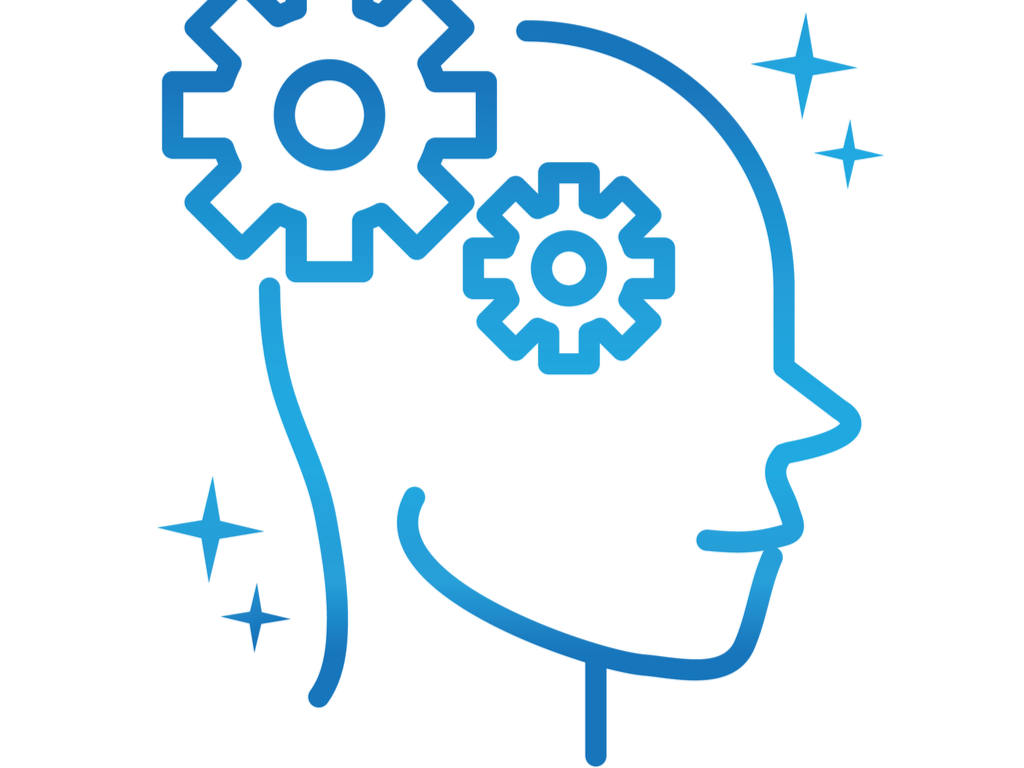Last Updated on January 25, 2024 by Gamesver Team and JC Franco

Arcade and console games haven’t always been viewed positively over the years. Some believe that while you are spending hours battling it out on a screen, you’re missing out on life and picking up negative life lessons, but there are those who see some of the games out there as a positive thing. Not sure what to think?
Well, what if you were told that playing one of the best-known arcade games could be good for your brain health? Would you consider the game from a different perspective? Today we’d like to take a closer look at Pac-Man and how it can be positive for brain and mental health.
Playing Pac-Man can indeed be good for you. Many have played the game regularly and enjoyed the below-mentioned advantages. Of course, like anything in life, moderation is a key factor when it comes to gaming.
That being said, it is important to remember that just like our bodies, our brains need to be maintained and “worked out”. Certain games, such as Pac-Man, end up teaching lessons and promoting positive brain and mental development without that ever being the main objective of creating the game in the first place. Some might even consider it a lucky accident.
Without further ado, below are 11 ways in which playing Pac-Man can boost brain and mental health.
1. The game teaches players how to process feelings of frustration better.
Have you ever given much thought to how you deal with mental frustration? Have you ever lost a game and been so overwhelmed with frustration that it results in a physical reaction that’s out of character?
How humans deal with frustration is all about how their brains go about processing the emotions they feel. Some people can get a handle on their frustration and find coping mechanisms, whereas others respond to the frustration quickly and act out.
Playing Pac-Man can be frustrating, especially if you lose after many hours of playing or just can’t beat your opponent’s top score. Pac-Man is a game that can cause frustration, but players have to learn to quickly recover from it or to brush it off as “it’s just a game”.
Consistent exposure to the game and the frustration it can cause can help to teach the brain how to recognize and respond to frustration…thus easing it over time.
2. It trains the brain to make accurate decisions quickly.
Quick decision-making is an outcome of learning to play Pac-Man correctly. Pac-Man is a fast-paced game that can change in an instant. Who knows how long a ghost is going to be flashing for or when you’re going to lose unexpectedly? Players have to learn to act quickly and confidently.
The more a person plays the game, the better the brain will be at processing the information presented to it and providing its own game plan.
3. Playing the game regularly boosts your ability to act quickly on an impulse.
When something changes in Pac-Man and the ghosts are well on their way to defeating you, you have to learn to act on impulse, wisely. The more someone plays the game, the more their brain gets used to this type of thinking and reacting, and so it helps to develop a more accurate impulsive thought-action process.
4. The game encourages a mental disconnect from stress and pressure (mental escape).

It’s vitally important for a person to de-stress, unwind, and disconnect on a regular basis. It gives the brain a chance to recharge from the regular stress and frustration of everyday life. When you’re playing Pac-Man, you are distracted from the stress and chores of the day. This gives the brain a much-needed break.
5. Pac-Man gameplay promotes learning and, therefore, brain development.
In order to keep the brain healthy, it has to consistently learn and keep active. Learning new things or being presented with new scenarios is a great way for the brain to keep developing at a healthy pace.
When the brain is presented with a game like Pac-Man, it has to learn how to solve the problems presented and how to anticipate potential future problems based on the information provided. The brain learns different strategies and approaches which promote healthy brain development.
6. The game provides a sense of mastery (a sense of control).
For good mental health, the brain has to have a sense of mastery at various parts of its lifespan. Mastery is a sense of having control. This is something that can be experienced in a game of Pac-Man as players have control over what the Pac-Man does. The result is ultimately a consequence of the action taken, and the action is purely in the control of the player.
7. Playing Pac-Man provides a sense of comfort.
Some games are designed to provide a sense of excitement. For those who have played Pac-Man over the years, playing the game can provide a sense of comfort and relaxation because it is a familiar game.
This game can be used as a way to relax the brain and help one feel less anxious and stressed. It’s important for a person to feel relaxed and comfortable – in fact, it is essential for good brain health.
8. Regularly playing the game can boost task-switching ability.
When playing Pac-Man, players have to eat dots, run away from ghosts, and hunt for power pellets all at the same time. As such, there’s a considerable amount of switching between tasks involved. At first, this can seem quite tricky for a player, but the more they play and get used to the game, the more their brains become accustomed to switching between tasks with ease.
Pac-Man is a type of game that truly boosts task-switching ability in players for the long term.
9. Pac-Man can improve the brain’s working memory.
According to Science Daily, some arcade and video games can effectively boost the brain’s working memory by creating structural changes in the brain. This can increase various size changes in certain brain regions and activate the areas that are responsible for visual-spatial skills and paying attention to detail. These cognitive changes can be long-lasting.
10. The game, when played regularly, helps to maintain cognitive function/ability.

Managing stress and keeping the brain mentally active are important for maintaining cognitive function and ability. When games like Pac-Man are played on a regular basis, the brain remains actively thinking, strategizing, and problem-solving. This helps to keep cognitive function maintained and to boost cognitive ability along the way.
11. Playing Pac-Man can teach the brain to focus and concentrate.
To win at Pac-Man, a certain amount of concentration and focus is required. If your head isn’t in the game and you aren’t concentrating on what is happening, you will end up losing. It takes concentration and focus to succeed at the game, but both concentration and focus require practice.
The good news is that the more you play the game, the more you learn to concentrate and focus on what is happening.
All in all
Most people don’t give much thought to the positive aspects of arcade and video games, but by reading the above pointers, perhaps you can see just how beneficial games like Pac-Man can be for you.
Playing Pac-Man is a game that’s fun. That’s a given. What most people don’t realize is that it can teach a variety of life lessons and also help with brain and mental health. If you’re looking for a game that’s fun for the whole family and a healthy option over many of the other console games out there, Pac-Man is a great choice.

